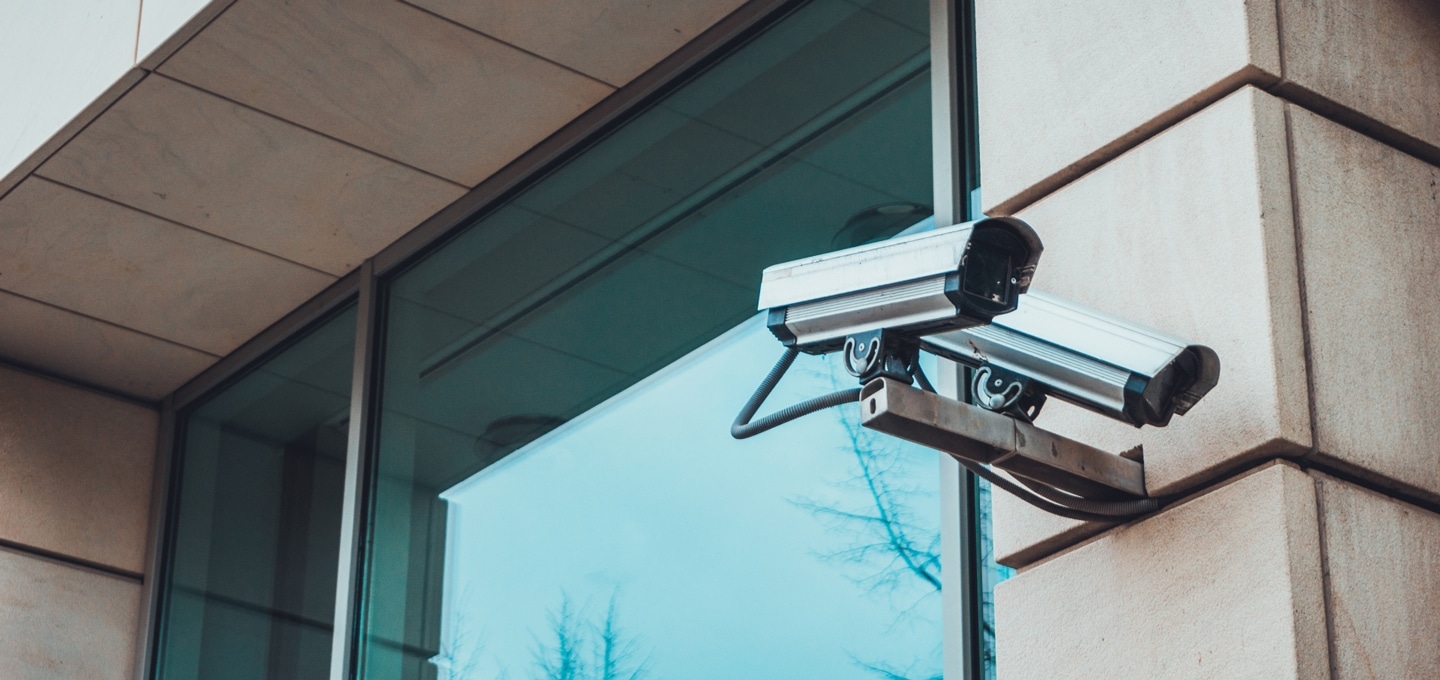Open video surveillance in the workplace
Video surveillance in the workplace is a sensitive issue. Despite this, open video surveillance is permitted in certain areas of a business, subject to clear legal requirements. Consequently, openly visible video surveillance is permitted in the entrance area of a company, for example.
The prerequisites for open video surveillance include
a) signs clearly indicating the cameras as well as
b) the cameras being installed where they are easily recognizable.
The legal framework for open video surveillance in the workplace is derived from Art. 5 (1) lit. c), e), Art. 17 (1) of the GDPR as well as Section 26 (1) sentence 1 of the BDSG.
As such, employers must limit video recordings to what is necessary and the recordings must be appropriate for the specific purpose. For reasons of data economy, the storage period should also be limited to a maximum of ten days, unless there are specific grounds for suspicion which then justify longer storage.
However, it is important to note that if the company has a works council, the works council must consent to the use of all surveillance cameras (Section 87 (1) No. 6 of the Works Constitution Act (BetrVG)).
The case before the German Federal Labor Court
What exactly happened in the case before the Federal Labor Court? The employee of a metal processing company was suspected of having entered the factory premises before the start of the night shift, but also of having left before the start of the shift: without working, but not without being paid. The employer suspected the employee of working time fraud and dismissed the man without notice.
How did his employer become aware that he had skipped work before the shift started? An anonymous tip-off put the employer on the man’s trail: Surveillance video from a camera at the factory gate proved that the employee left work too early.
The man took legal action against the dismissals. He had worked properly. However, he objected to the surveillance video being introduced as evidence, arguing that the video recording was prohibited as evidence due to violations of data protection law. He argued that the video had been stored for longer than legally permitted. Furthermore, he also asserted that analyzing personal data from the videos was prohibited by a company agreement.
Data protection violation plays no role in termination proceedings
However, the Federal Labor Court ruled that the admissibility of the surveillance video did not depend on whether the surveillance fulfilled the requirements of data protection law in every respect.
In this respect, the interests of the employer and the employee must also be weighed against each other. After all, the employer had submitted the surveillance video as evidence of serious misconduct pursuant to employment law (possibly punishable as fraud). In comparison, the employee’s interest in compliance with data protection law was far less significant.
Therefore, a violation of the GDPR does not immediately prohibit the use of the corresponding evidence before an employment tribunal. At least not in the case of proving intentional misconduct.
The open video surveillance complied with the law
In itself, the video surveillance in this case was permissible: The camera at the entrance gate was explicitly indicated with a sign. In addition, the camera was also clearly visible. In view of this, the court considered the requirements for open video surveillance in the workplace to be fulfilled.
What can we do for you?
We are happy to support you if you have any questions in connection with video surveillance and employee rights at the company. Do not hesitate to contact us!
Summary of the key facts:
- Open video surveillance in the workplace is subject to legal regulations.
- Employers may only collect and store data from permitted video surveillance “sparingly”.
- The improper storage and analysis of surveillance video pursuant to data protection law does not automatically make the evidence inadmissible in unfair dismissal proceedings.









